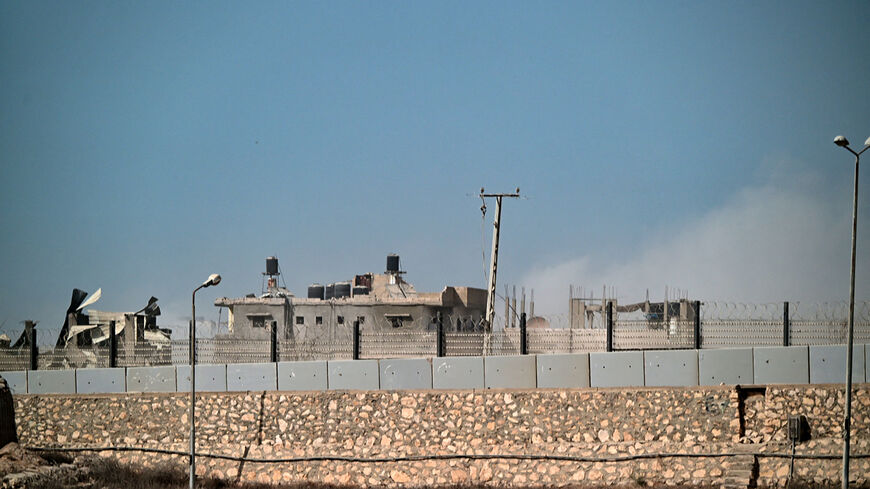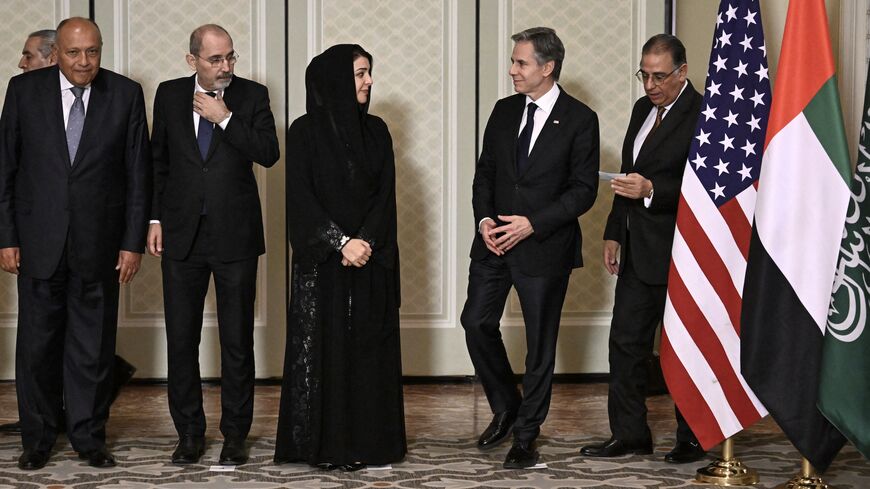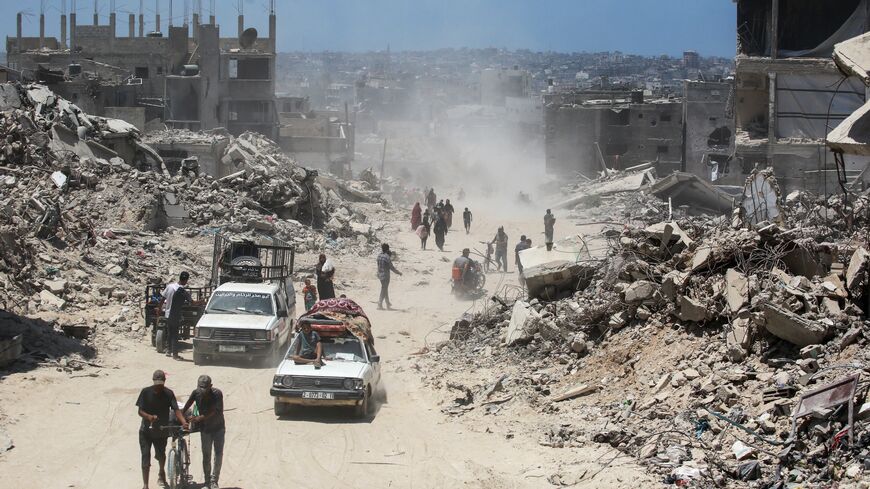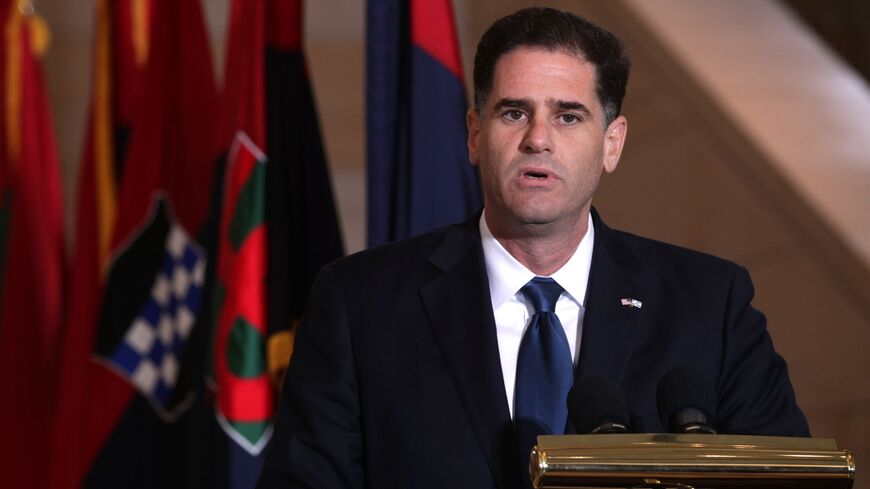Mossad chief heads to Qatar amid reports of 'breakthrough' in Hamas cease-fire talks
Mossad's David Barnea traveled to Qatar Friday is set to meet in Doha with Qatari Prime Minister Mohammed Al Thani, as momentum builds for a Gaza ceasefire, hostage-release deal.
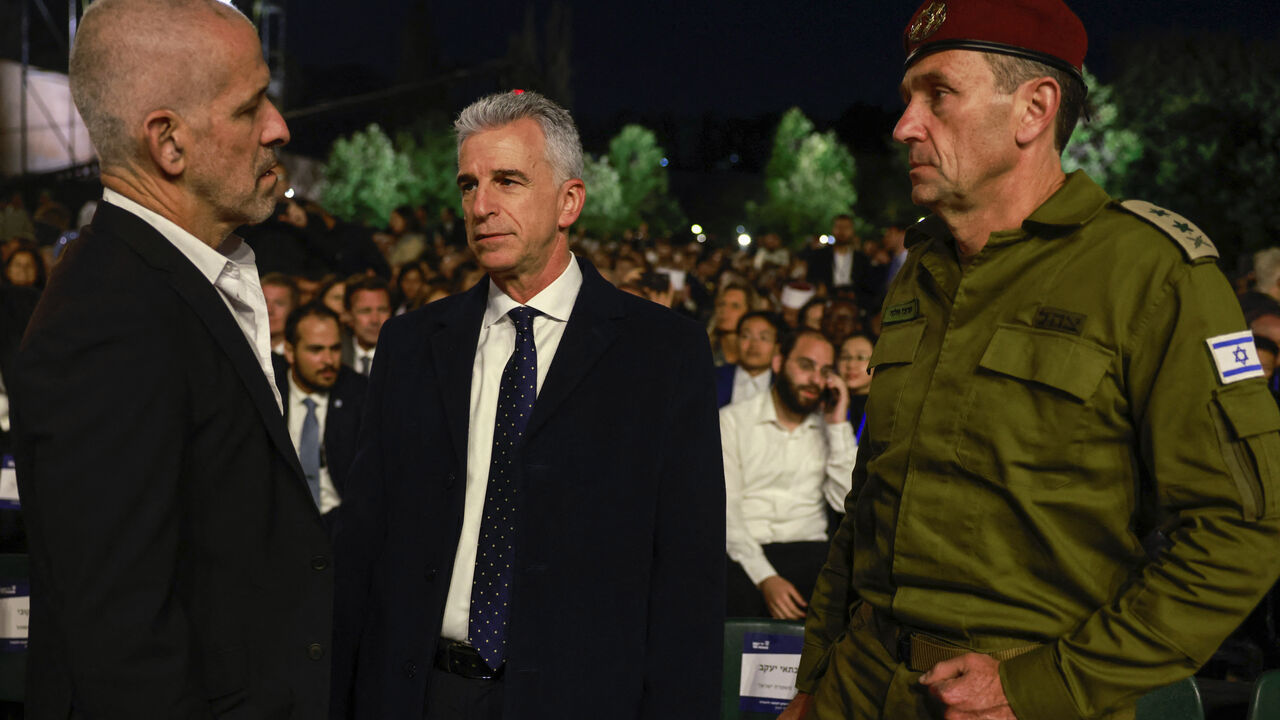
Mossad Director David Barnea is set to arrive Friday in Doha for talks on a cease-fire and hostage- and prisoner-release deal between Israel and the Palestinian group Hamas.
Barnea, the channel reported will be in Qatar for a half a day ans is expected to return to Israel Friday evening. Shin Bet Director Ronen Bar and Nitzan Alon, the Israeli coordinator on missing and hostages, did not join Barnea, but continue to work in coordination with him on the issue, according to Israeli Channel 12.
Israel’s public broadcaster, Kan, reported that Barnea is set to meet in Doha with Qatari Prime Minister Mohammed Al Thani. It is unclear whether US or Egyptian officials will join the meeting. According to Kan, Bar and Alon will join Barnea at the next meeting, if there is one, depending on the results of Friday’s talks. Senior security officials told Kan that the talks could last as long as a month.
“The response of Hamas is good, and we can say there is a breakthrough, but there are still significant unsolved issues which could block the negotiations,” an unnamed security source told Ynet. The report said a lower-level Israeli mission had traveled to Qatar before Barnea's arrival to assist him.
The Israeli security cabinet approved Barnea’s Doha visit Thursday evening. During the meeting, far right National Security Minister Itamar Ben-Gvir, who objects to a deal that would see a full Israeli military withdrawal from Gaza, accused Prime Minister Benjamin Netanyahu of disregarding the opinions of the cabinet on the matter.
“From what I understand, after this meeting, the real meeting will convene,” Ben-Gvir said, slamming Netanyahu, Channel 12 reported.
“We are here just as a decoration,” said Ben-Gvir. “Once finished, you [Netanyahu] and [Defense Minister Yoav] Gallant will sit down with the chiefs of the security agencies and decide everything. . . . If you are taking decisions on your own, then this is on you. You are alone with that responsibility.”
Netanyahu had convened the security cabinet after speaking by phone with US President Joe Biden. The two leaders “discussed ongoing efforts to finalize a ceasefire deal together with the release of hostages, as outlined by President Biden and endorsed by the UN Security Council, the G7, and countries around the world,” said a readout issued by the White House after the conversation.
The readout also stated that Biden and Netanyahu had discussed Hamas' recent response to the latest cease-fire proposal. “The president welcomed the prime minister’s decision to authorize his negotiators to engage with US, Qatari, and Egyptian mediators in an effort to close out the deal,” it read.
The proposal
The current proposal on the table was initiated by Israel and made public on May 31 by the US president.
It includes three phases. The first phase would begin with a six-week pause in the fighting and the release of female, wounded and elderly hostages in return for scores of Palestinian prisoners held in Israeli jails. Israel would also withdraw from major population centers in Gaza and facilitate a surge in humanitarian assistance. Also during this phase, Palestinians would be allowed to go back to their homes, including in northern Gaza, humanitarian aid flows would be significantly increased, and Israel and Hamas would negotiate the parameters for permanently ending the fighting. The second phase would see the complete cessation of hostilities, the release of the other hostages, and the complete withdrawal of Israeli troops. The third phase would be the reconstruction of Gaza.
Hamas' response, relayed via Qatar, has not been published. Still, Ynet reported that Hamas has rejected an Israeli demand to discuss several issues during the first phase and not only the number of Palestinian prisoners to be released. Israel would like to discuss, among other things, the demilitarization of Gaza, according to Ynet. Another disagreement concerns the length of the negotiations. Hamas is requesting that talks continue uninterrupted until a deal on the second and third phases is reached. Israel fears that this approach is a ruse by Hamas to drag talks out for months without the release of males and soldier held hostage, the outlet said.
Hamas official Basem Naim told Al-Monitor Wednesday, “We have responded with some ideas to bridge the gap and can guarantee reaching a deal.”



